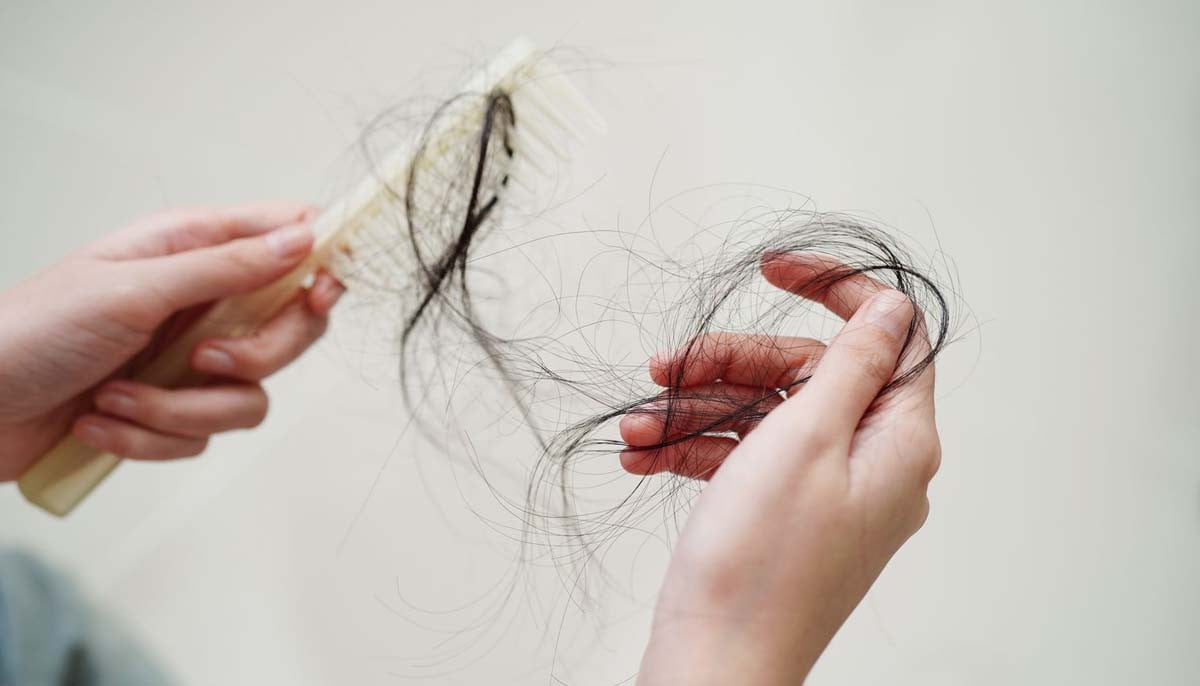KARACHI: City’s largest public sector health facility, Jinnah Postgraduate Medical Centre, is providing free of cost cancer treatment through latest CyberKnife system which would cost $60,000 in the US.
The CyberKnife System is the first and only fully robotic radiation delivery system. It treats cancerous and non-cancerous tumors and other targets, precisely and accurately delivering radiation anywhere in the body.
‘CyberKnife Robotic Radiosurgery’ department at Karachi’s Jinnah Hospital is one of the 150 such facilities in the world where cancer is being treated with advanced robotic surgery.
According to head of the department, Dr Tariq Mehmood any type of tumor has become curable here because of this robot due to the joint efforts of Patients’ Aid Foundation, a few private institutions and concerned individuals. As reported by authorities, there are only 150 robots present in the world.
This is why in a developed state like the US, treatment of cancer with the help of Cyber Knife will approximately cost $60000 which is done free of cost here without discrimination based on colour or race. Jinnah Hospital annually treats 5000 patients which include people from America, Canada and the Gulf countries.
Pakistan’s only Robotic Surgery Unit for cancer has been treating patients for past many years with fully-funded health facilities.
More units like this are severely needed to diagnose and treat the ever-increasing number of cancer patients and promptly provide them with medical facilities.
To implement these plans in reality, Chief Minister Sindh Syed Murad Ali Shah has resolved to establish a top-notch cancer treatment institute worth a total of Rs6bn.
The CM vowed to build this 12-storey tower for housing cancer patients and said “I am committed with you and with my people to provide them best health facilities, particularly to cure cancer at an early stage”. He praised the efforts of PAF and pledged to fund this cancer institute with Rs3bn.
In an interview, Dr Tariq Mehmood said the radiation used in the procedure only damages 1% of healthy tissues which reduces side-effects of the treatment to a bare minimum.
He also said they receive 31% patients from Punjab, 11% from KPK, 6.5% from Balochistan and the remaining from Sindh, and mainly Karachi. It seems like futuristic endeavors to curb the shortage of world-class medical facilities in Pakistan are underway.
-
Antioxidants found to be protective agents against cognitive decline
-
Coffee reduces cancer risk, research suggests
-
Keto diet emerges as key to Alzheimer's cure
-
What you need to know about ischemic stroke
-
Shocking reason behind type 2 diabetes revealed by scientists
-
Simple 'finger test' unveils lung cancer diagnosis
-
Groundbreaking treatment for sepsis emerges in new study
-
All you need to know guide to rosacea











